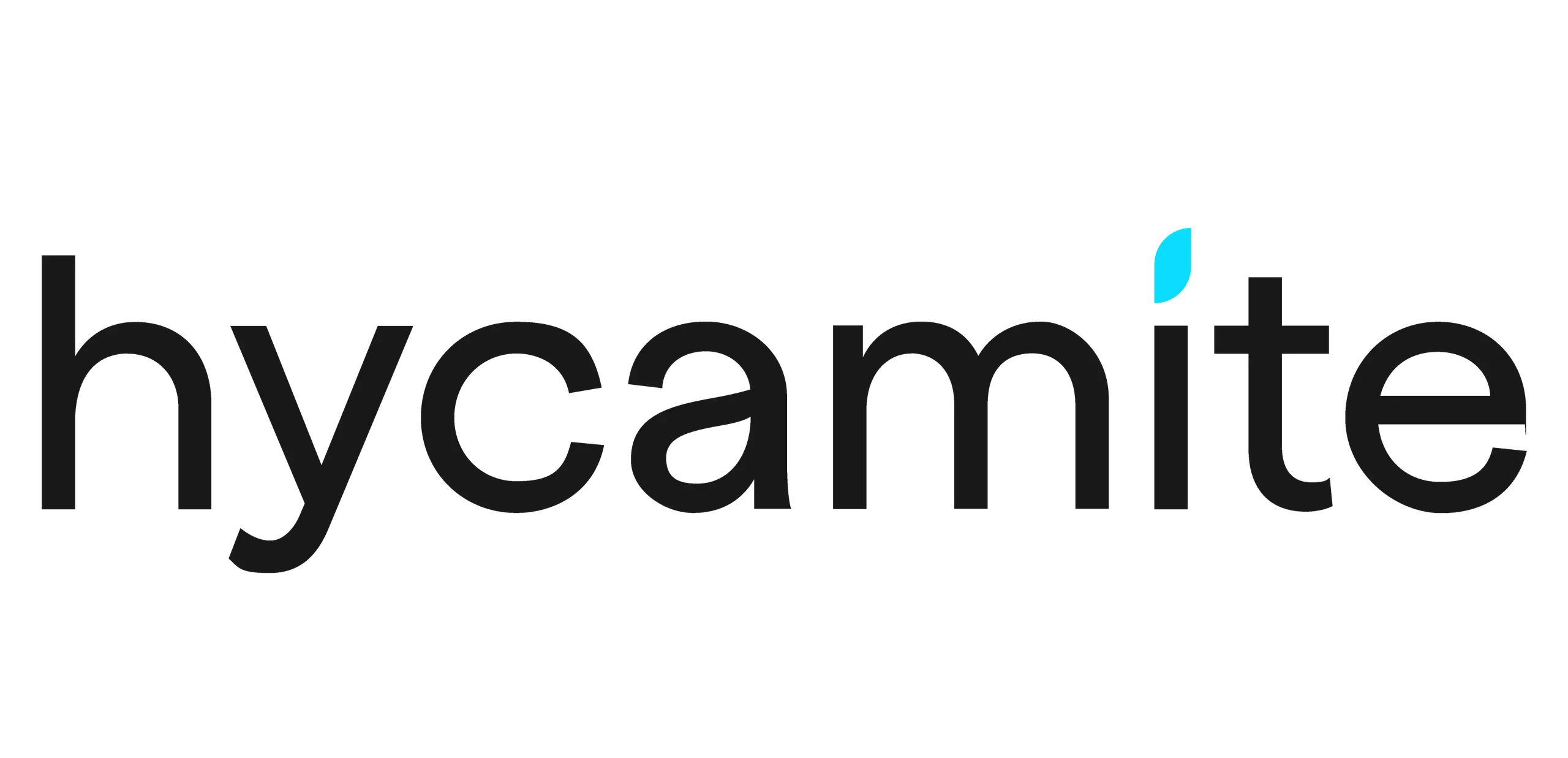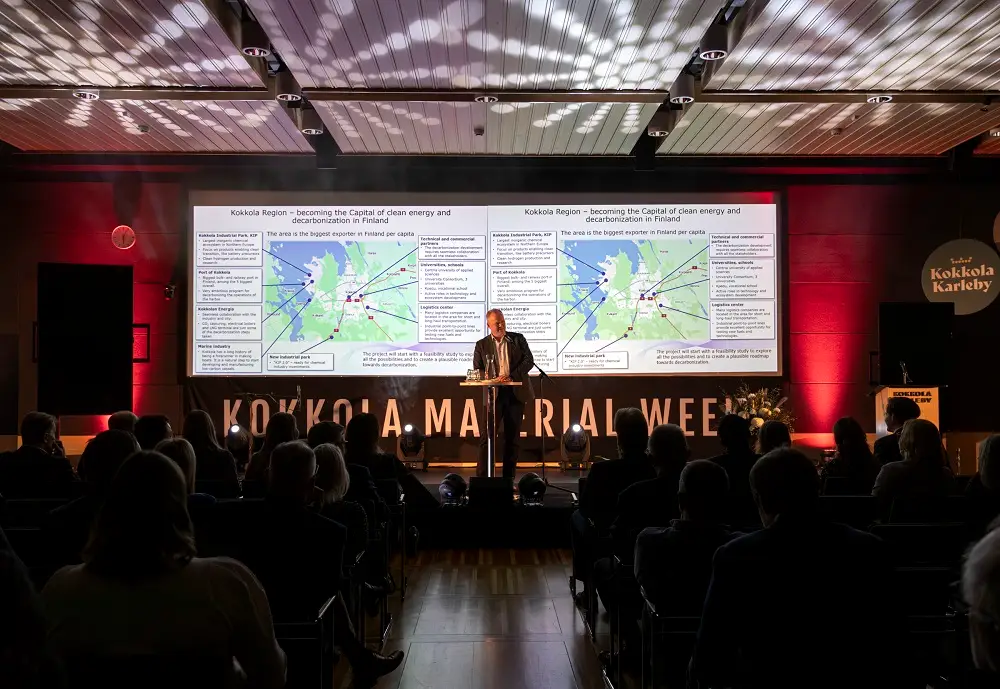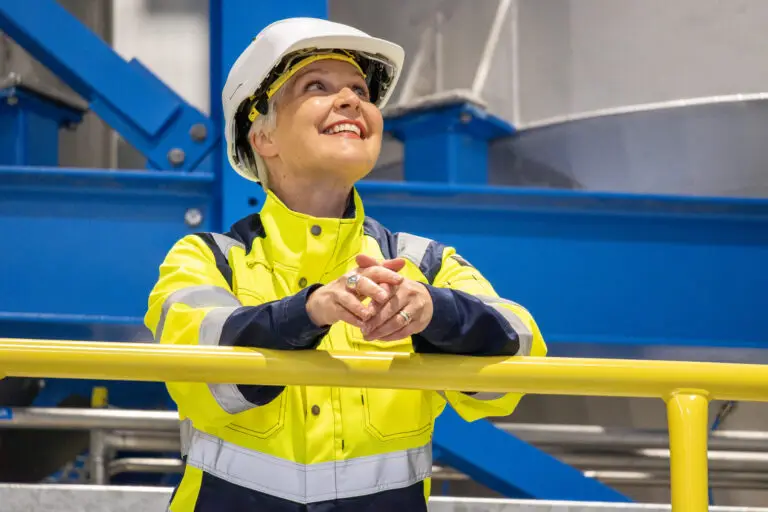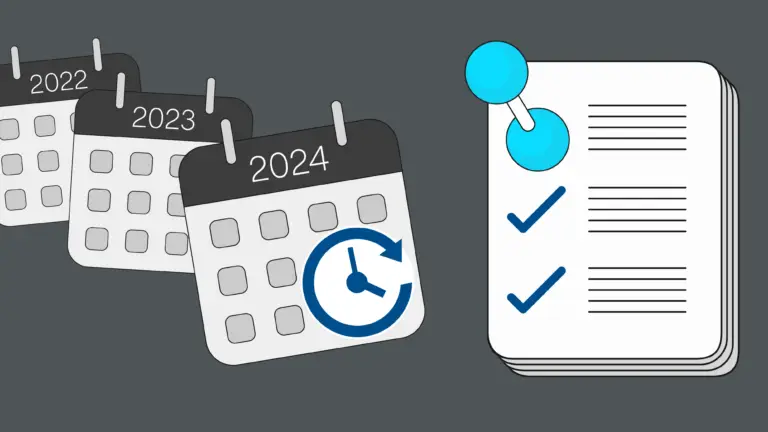The project aims to speed up electrification and the hydrogen economy by using clean hydrogen with the hydrogen ecosystem being built in Kokkola.
In Finland, the government and companies have strongly advocated a clean transition. With the help of low-carbon hydrogen, it is possible to make, for example, heavy traffic, sea traffic, and many industries carbon-free. Matti Malkamäki, the chairman of the board of Hycamite TCD Technologies Oy, which produces hydrogen without emissions in Kokkola and who came up with the idea of a hydrogen capital, says that he has often wondered why the hydrogen economy has not yet taken off in Finland.
“Internationally, good examples of the rapid rise of the hydrogen economy can be found, for example, in Groningen in the Netherlands, North America in Texas and Edmonton, and Japan around Tokyo. What unites these areas is the cooperation between industry, smaller service providers, and the public sector. That is precisely what has made Kokkola Industrial Park an internationally significant center of expertise in the chemical industry. This cooperation creates the conditions for Kokkola to have all the required elements ready to become a trendsetter in the hydrogen economy in Finland”, says Malkamäki.
According to the letter of intent signed in connection with Kokkola Material Week, the next step will be to conduct a feasibility study coordinated by Centria University of Applied Sciences and draw up a fundable project, allowing Kokkola to start building a concrete ecosystem around clean energy, hydrogen and decarbonization. Further cooperation will be done with the University of Oulu, which also participated in signing the agreement.
Eleven parties signed the letter of intent to build a hydrogen ecosystem, but according to Malkamäki, new companies and other parties are also welcome to accelerate the hydrogen economy. The partners cooperate with the BotH2nia network, which supports the development of a hydrogen valley covering the entire west coast of Finland.
Among the hydrogen operators, Hycamite TCD Technologies Oy signed the letter of intent, as well as Flexens Oy and Plug Power Inc. (NASDAQ: PLUG), a leading provider of comprehensive solutions for the global green hydrogen economy. Flexens and Plug Power are preparing hydrogen plant investments in Kokkola, while Hycamite is already building its industrial-scale demonstration unit.
Since last May, Plug Power has evaluated the feasibility of a large-scale green ammonia and liquid hydrogen project in Kokkola. As the green hydrogen industry leader, Plug is engaged globally in the development of end-to-end hydrogen solutions, from the production, storage, transport, supply, and use of hydrogen to the development, production and sale of liquefiers, electrolyzers, and fuel cells for green hydrogen mobility and other applications.
“Decarbonization requires forerunners that show leadership in the development of solutions”, says Benjamin Haycraft, EVP at Plug. “The Kokkola project is a perfect example of the type of essential teamwork required to scale low-carbon solutions.”
Of the other companies involved, the Kokkola-based logistics group Ahola Group, for example, participates in the project and sees it as a natural part of the goal-oriented environmental work carried out by the Ahola Group for decades.
Technology house Huld, which recently expanded into Kokkola, is also a part of the network. When building a hydrogen economy, a wide range of expertise is needed. Huld develops solutions and software for the hydrogen industry, whether about functional safety, intelligent devices, or industry digitalization. Huld aims to be one of the biggest hydrogen technology partners in the region.
Kokkolan Energia is implementing a low-carbon Kokkola by electrifying heat production, increasing the possibility of using biofuels in its plants and bringing an LNG network to the area to replace fuels with a higher emission factor. “We are also involved in CO2 recovery and hydrogen projects, which enable, for example, the development of district heating. In addition, we are actively supporting utilizing our partners’ waste heat facilities”, says Managing Director Tommi Korpi from Kokkolan Energia.
The port operators included in the agreement are Kokkolan Satama Oy and the port operator Oy M. Rauanheimo Ab and its sister companies. The companies have a wide range of machines and equipment at their disposal in port operations, and the companies are starting to investigate to what extent the carbon dioxide emissions arising from their use could be reduced by, for example, using hydrogen and electricity.
“The examples listed above are the practical actions based on which, for example, the hydrogen and low-carbon ecosystem and, for example, the hydrogen distribution infrastructure, start to be built piece by piece. At the same time, the opportunities to get new international partners into the ecosystem are increasing”, says Paula Erkkilä, Managing Director of the Ostrobothnia Chamber of Commerce.





